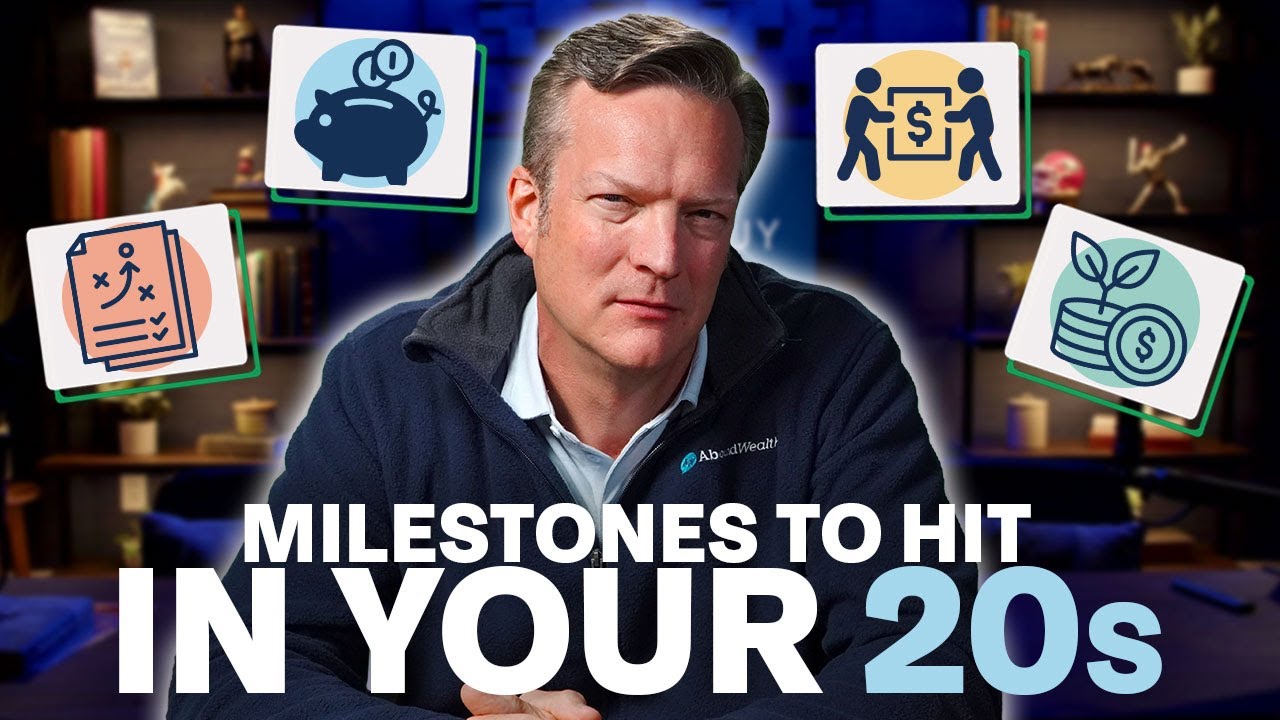Okay Brian, so we've talked about what rebalancing is, why we do it, some of the benefits and the big impact it can have. But here's the big question that everyone wants to know: "How do I do it? How do I go about rebalancing? What are the things I need to know if I want to make sure that I'm systematically and consistently rebalancing my portfolio?" Everybody's going to have questions, so let's go ahead and just knock these out.
The first one is, "How often should I do it?" We were talking in the content meeting about whether this is something you should do daily, weekly, monthly, quarterly, or annually. I think there is such a thing as doing too much of a good thing. As a former tax preparer, I can tell you that daily or weekly rebalancing can get a little scary in terms of the transactions, costs, and tax compliance. Somewhere between monthly, quarterly, and annually, as long as you are consistent with your behavior, is where you need to live.
The second question is, "What triggers a rebalance?" How will I know when it does make sense for me to get back to my target? Is it going to be a time period thing, like every six months, or am I going to add some tolerance bands? Is it just going to be something that I set automatically and forget about? You have to answer that question for yourself, what triggers the rebalance.
The third point to consider is, "Is all rebalancing treated equally?" If you're investing 3-4% in an asset class, and it is now 1-2% different, you're talking about a 30-40% spread, which is probably something you should deal with. But, with something like a large-cap S&P 500, which might be 45-55% of your portfolio, is it that big of a deal if you've drifted to 56 or 57%? From a materiality standpoint, it's a much smaller threshold, so you need to be consistent, but you don't need to be so over-the-top that you're getting busy doing nothing when it's not adding a lot of value.
Now, I want to think about practically in practice, how do I think about doing this? I know that technology has made it easier to be an investor, and there are things I can do, or have a robot do it. I can actually pay a service and have a robo-advisor doing it. Is that the solution?
When I look at all these robo-advisors that have emerged in recent times, and they start marketing themselves as "rebalancing," I'm not sure if they're telling you the daily or the weekly. They talk about tax loss harvesting, but as a former tax preparer, I can tell you that they do it too much, and if I were Goldilocks, I'd say it's too much because they send you a lot of accounting 1099s at the end of the year. I'm not sure if there's a lot of alpha just from being driven to that activity.
For those who want to do it themselves, that's great. But we invite you to join us on the journey. We always tell people to look at index target retirement funds because they take the investment control out of your hands, allowing you to focus on how much you can save and when you need it. But for those beyond that point who are still do-it-yourselfers, they might intend to do it, but unfortunately, according to an article, hidden retirement risk, 85% of workers aren't rebalancing their 401Ks. It makes sense; we all get busy, and things happen, and we get distracted by other responsibilities. Before we know it, it's November, and we haven't looked at our portfolios all year. And for most investors, rebalancing is an afterthought that's not paid a lot of attention to.
So, the goldilocks analogy of doing it too much or too little is where bringing in a professional comes into play. Professionals can help ensure that you're consistently rebalancing, taking into account your overall tax plan and implementing it when it comes to your charitable giving goals and retirement dates. All of these things can get complicated, and that's why professionals are necessary.
We can give away a lot of free advice because we understand that people want their lives to be simple and that they want to create automatic, inevitable wealth. However, once you do create that wealth, your life becomes more complicated. That's where we come in. We work with people across the country to help them with their financial planning needs, including tax planning, retirement strategies, and withdrawal strategies.
We are not the sales folks, and we're not interested in selling you something you don't need. We have tons of free resources
here. We have built an entire platform because we're technicians, and we love working with our clients. We encourage you to subscribe to our platform if you're early on in your financial journey. We love giving advice and helping people achieve their financial goals.
For more information on how much you should be saving for retirement, check out our
Know Your Number course. 












